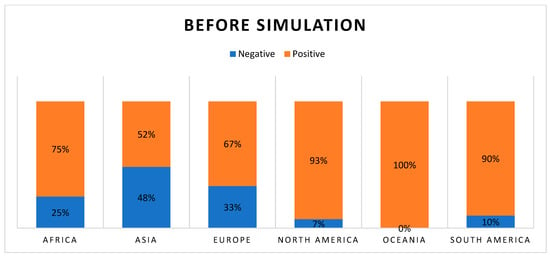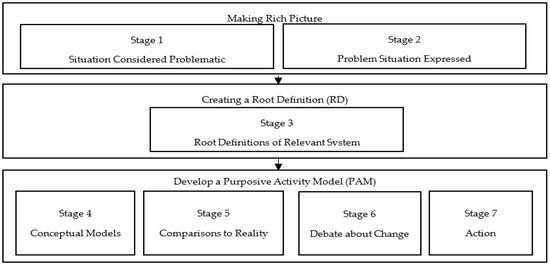Agricultural and Natural Resource Economics
A topical collection in Economies (ISSN 2227-7099).
Viewed by 7361Editor
Interests: agricultural and resources economics; productivity and efficiency; technological progress in agriculture; sustainable agriculture; poverty, inequality and sustainable livelihoods; international development
Special Issues, Collections and Topics in MDPI journals
Topical Collection Information
Dear Colleagues,
This Topical Collection of the journal focuses on the intersection of agricultural economics and natural resources, with a particular emphasis on growth. This topic is of increasing importance given the global population growth, urbanization, and changing consumption patterns, which all have profound implications for natural resource use and agricultural production. The Issue seeks to publish original research that contributes to our understanding of these complex issues, with an emphasis on both farm-level and policy-relevant analyses.
Papers in this issue may address a wide range of topics, such as the economics of resource use, the impact of climate change on agricultural production, the role of technological change in agricultural productivity, the economics of ecosystem services, productivity, and efficiency in agriculture and natural resource use, the impact of trade liberalization on agricultural and natural resource use, and the role of institutions in promoting sustainable agricultural and natural resource use. The issue is highly interested in papers that will investigate these issues during COVID-19.
Given the interdisciplinary nature of the topic, papers may use a variety of methods and approaches, including econometric analysis, modeling, case studies, and theoretical analysis. The section welcomes both quantitative and qualitative research, provided that the papers make a significant contribution to the literature and have clear policy implications.
Authors are encouraged to submit original research that advances our understanding of the complex relationship between agriculture and natural resources, and that provides insights for policymakers and practitioners working in the field. The issue is particularly interested in papers that address questions of sustainability, equity, and resilience, and that explore the trade-offs and synergies between different policy objectives.
Overall, the Topical Collection of the journal provides a valuable opportunity for researchers to showcase their work on the intersection of agricultural economics and natural resources. The papers published in this section will contribute to the growing body of literature on this topic and provide insights for policymakers and practitioners working in the field.
Dr. Sanzidur Rahman
Collection Editor
Manuscript Submission Information
Manuscripts should be submitted online at www.mdpi.com by registering and logging in to this website. Once you are registered, click here to go to the submission form. Manuscripts can be submitted until the deadline. All submissions that pass pre-check are peer-reviewed. Accepted papers will be published continuously in the journal (as soon as accepted) and will be listed together on the collection website. Research articles, review articles as well as short communications are invited. For planned papers, a title and short abstract (about 100 words) can be sent to the Editorial Office for announcement on this website.
Submitted manuscripts should not have been published previously, nor be under consideration for publication elsewhere (except conference proceedings papers). All manuscripts are thoroughly refereed through a single-blind peer-review process. A guide for authors and other relevant information for submission of manuscripts is available on the Instructions for Authors page. Economies is an international peer-reviewed open access monthly journal published by MDPI.
Please visit the Instructions for Authors page before submitting a manuscript. The Article Processing Charge (APC) for publication in this open access journal is 1800 CHF (Swiss Francs). Submitted papers should be well formatted and use good English. Authors may use MDPI's English editing service prior to publication or during author revisions.









